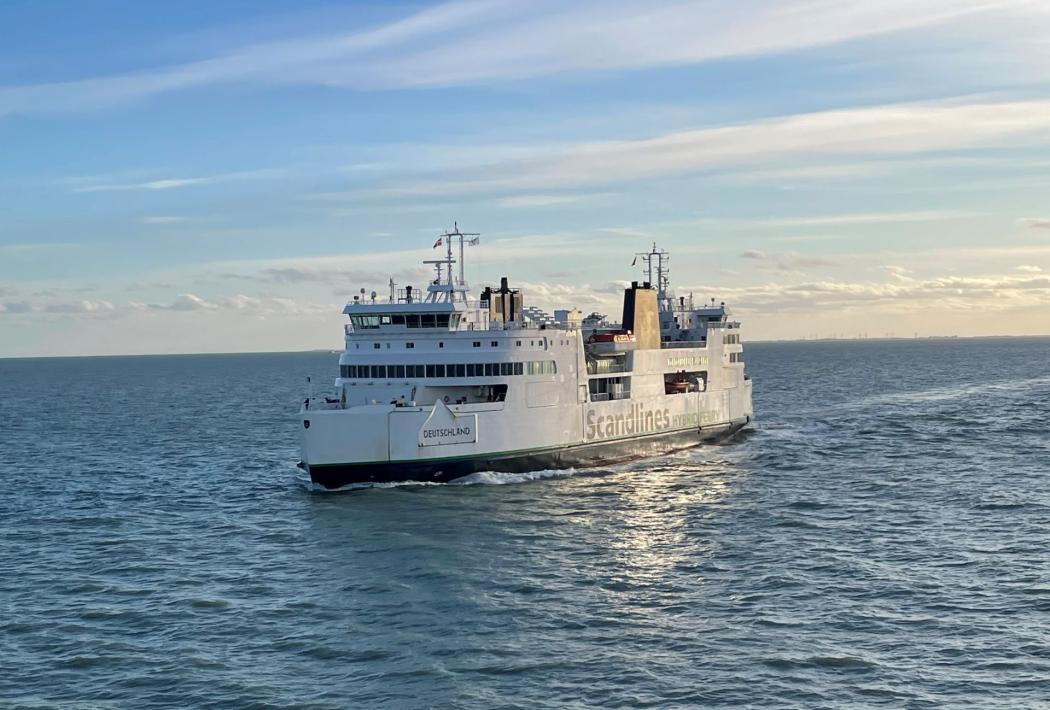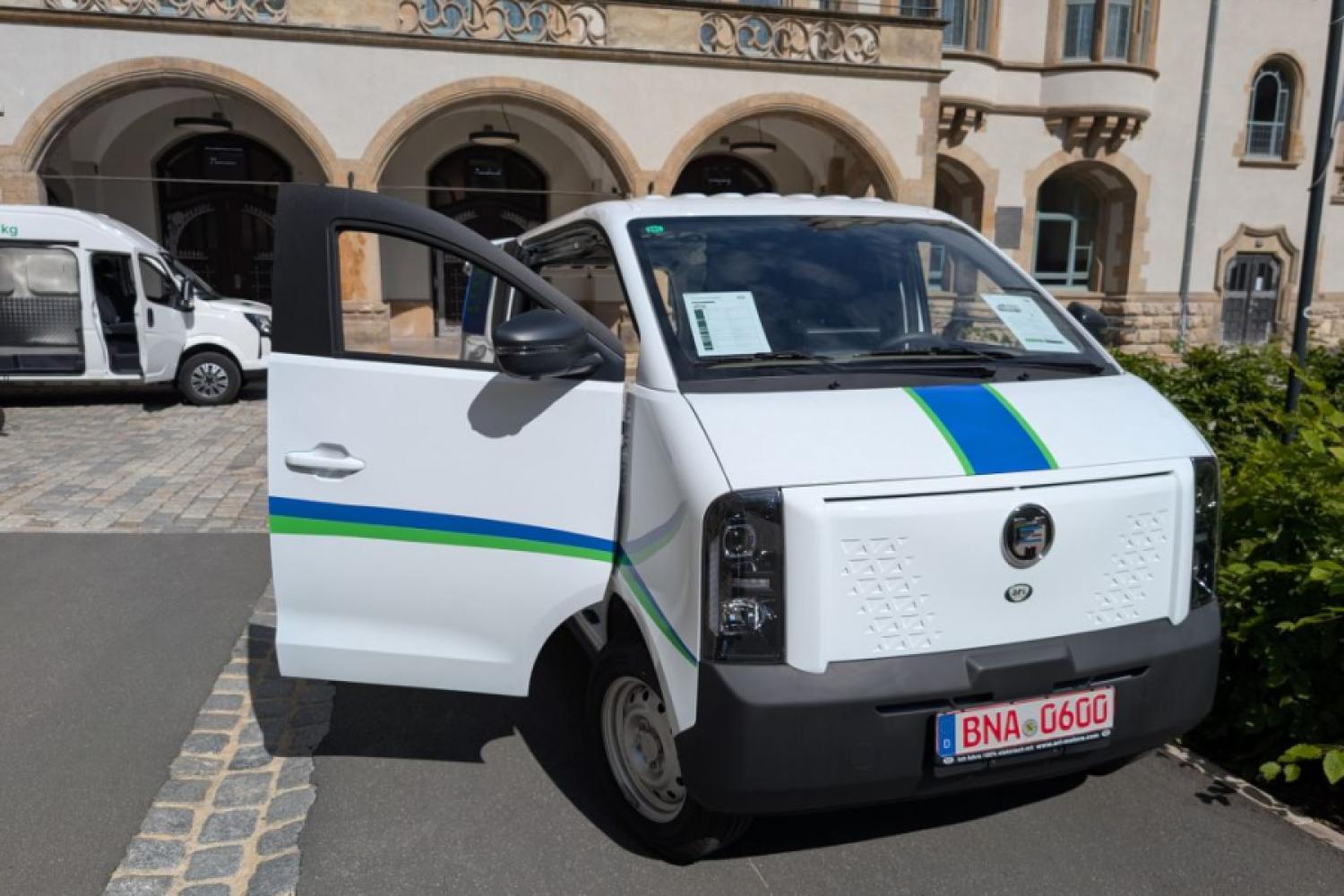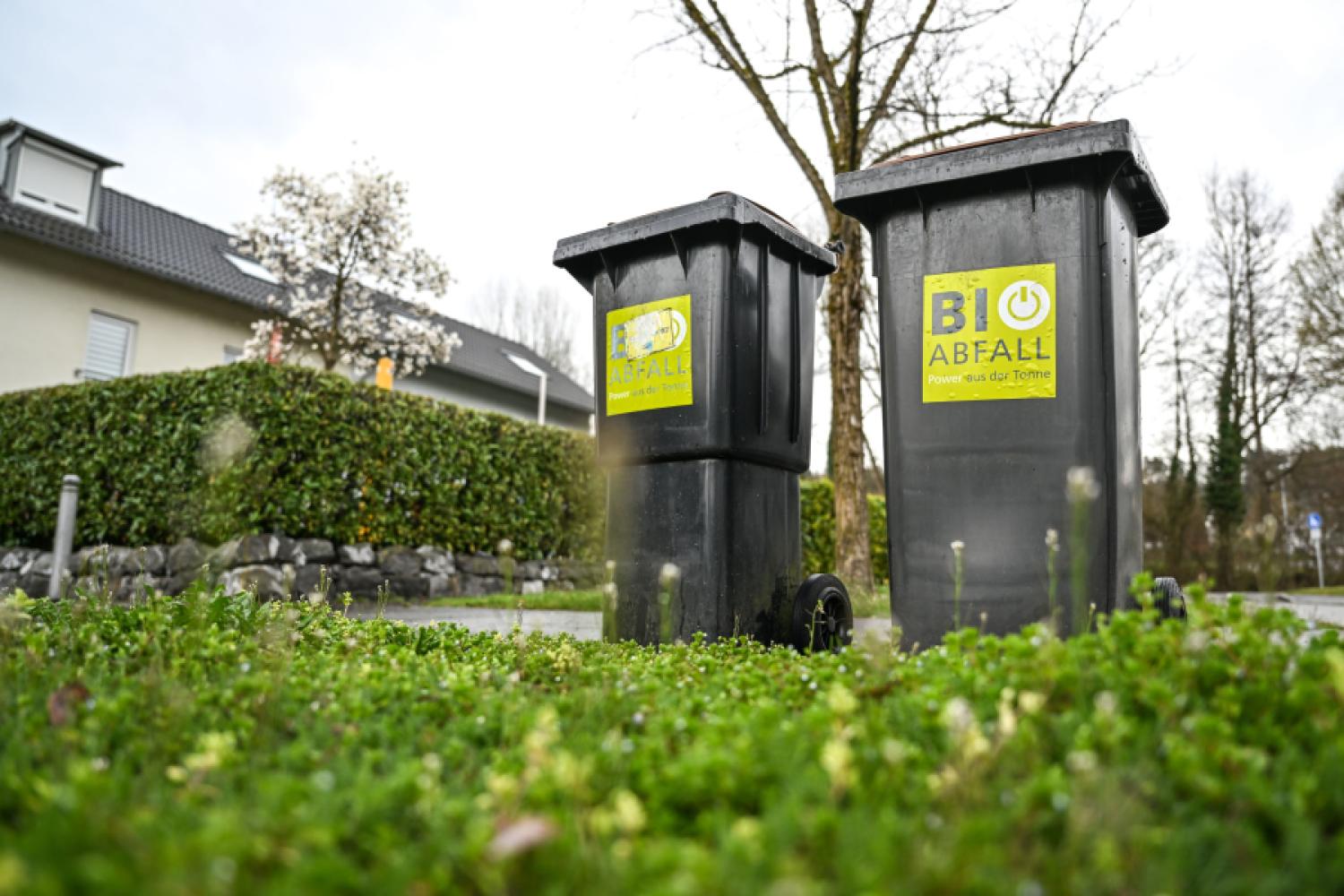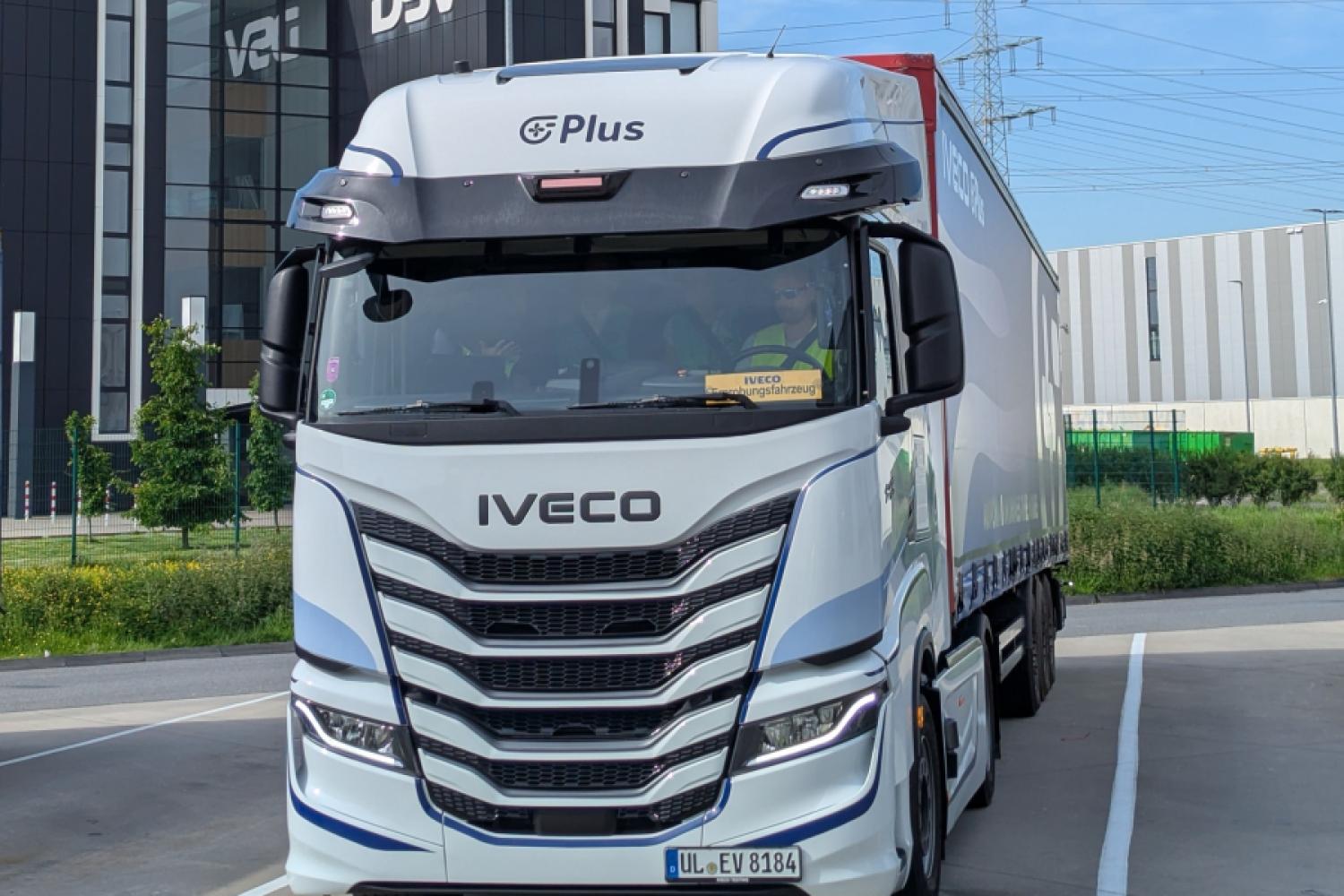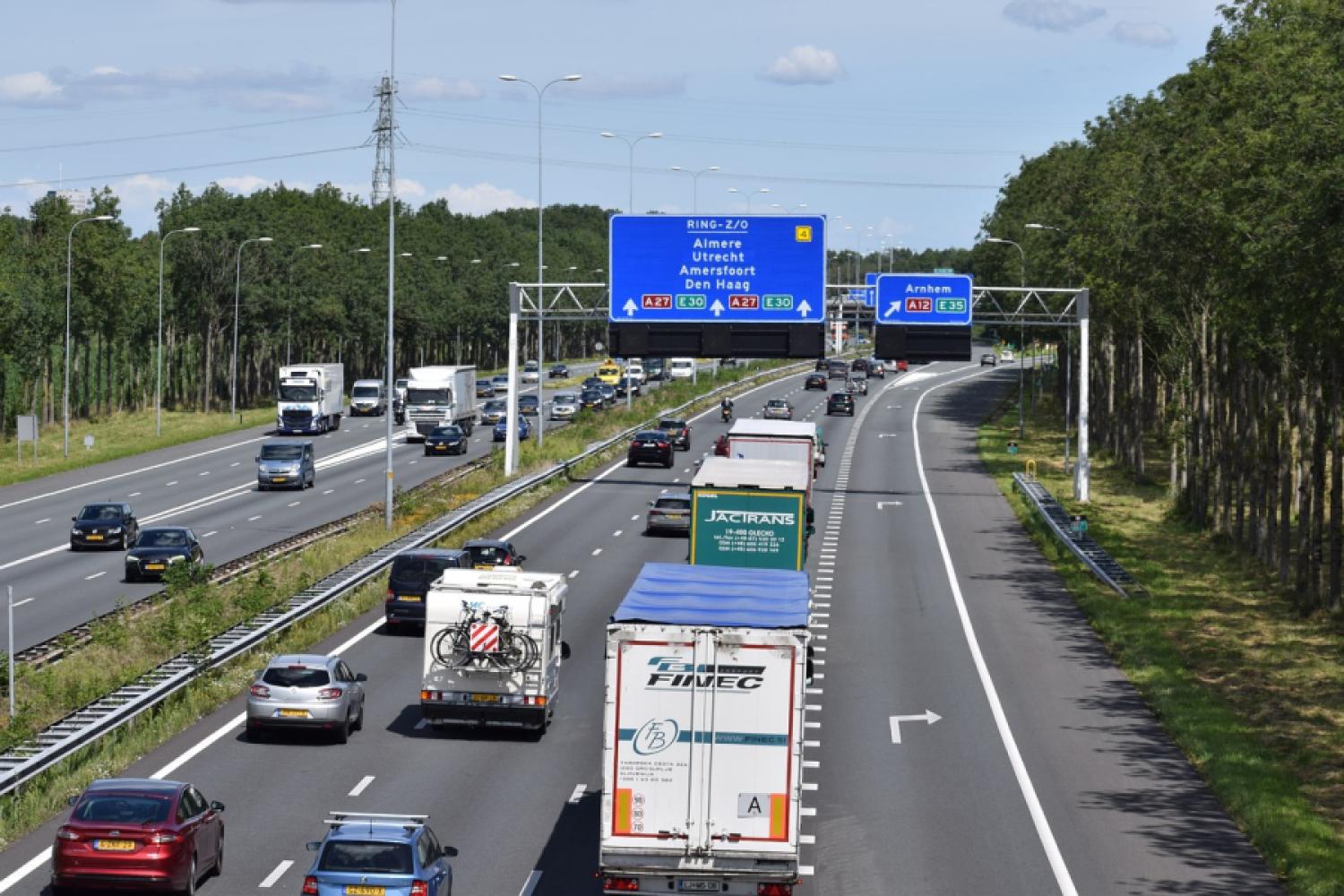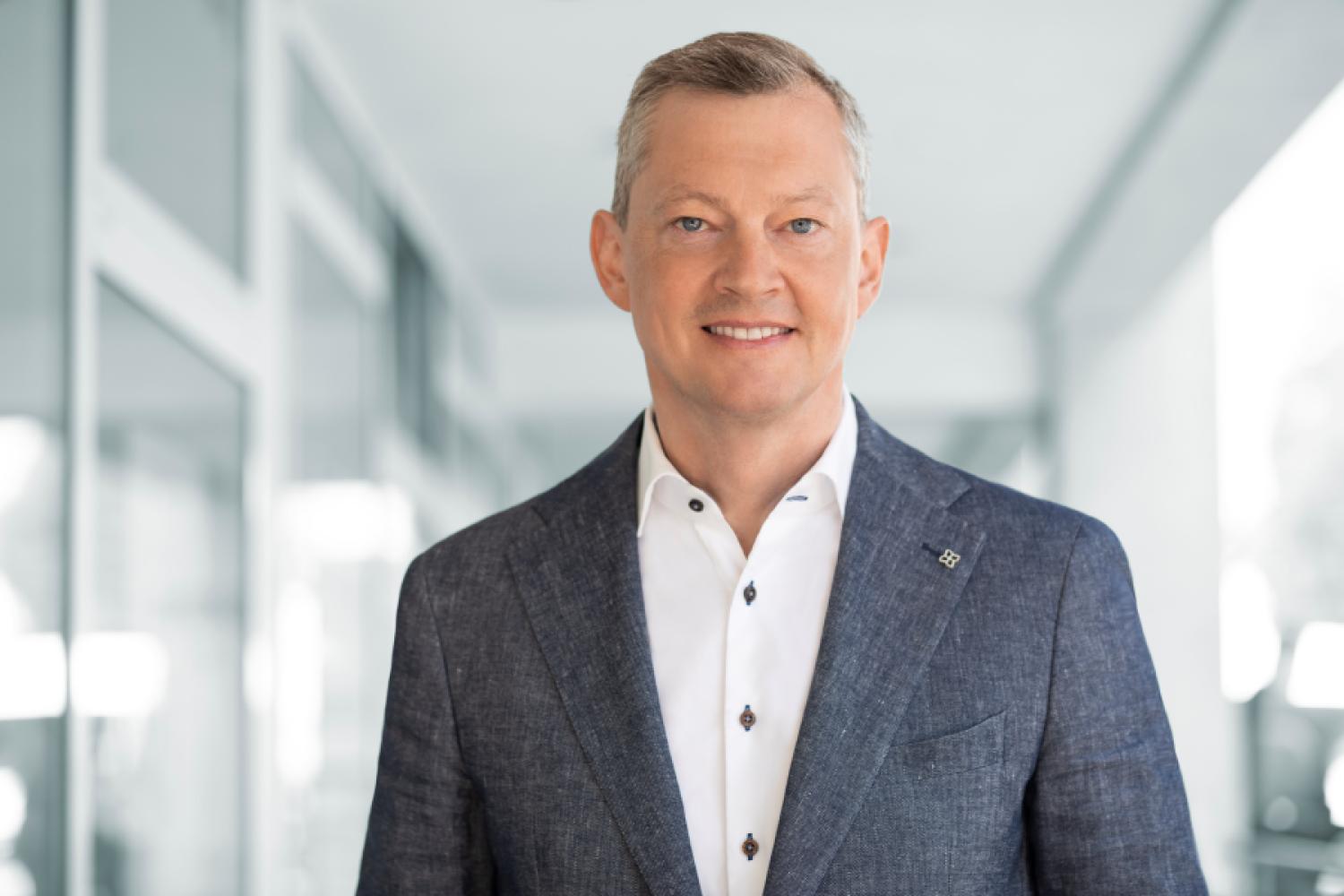The goal is to reduce CO₂ emissions by up to 80 percent and promote the operation of ferries using electricity from renewable energies, according to the company. Michael Guldmann Petersen, COO of Scandlines:
"It's about more than just technology – it's about responsibility. As a ferry company operating daily in one of the world's most sensitive waters, we have a special obligation to protect the marine environment in which we operate."
On average, the batteries of the ferries are charged with at least 80 percent of the energy required for a crossing in just 12 minutes. The conversion includes the installation of modern five MWh energy storage systems on each ferry, charging devices for the ferries on board and at the ferry terminals in Puttgarden and Rødby, and renewable electricity as the primary energy source during the crossings.
The ferry company has signed a contract with Western Shiprepair in Lithuania for the conversion. The conversion of the Scandlines ferry
"Deutschland" will start at the end of August, and the "Schleswig-Holstein" in December, it says. The entire conversion is expected to be completed in early 2026. Scandlines COO Michael Guldmann Petersen:
"We are pleased to have signed a contract with Western Shiprepair, one of the BLRT repair yards, which received the contract for the conversion after an extensive and lengthy tender process. By electrifying two of our Fehmarnbelt ferries, we are significantly closer to our goal of reducing emissions on the route to zero by 2030. This meets our customers' wishes and will also significantly strengthen our competitiveness. The combination of reliability, continuous investment in our sustainability initiatives, a tailored traffic machine, and an excellent shopping offer provides a solid foundation for our business."
Ferry journey without direct emissionsThe initiative is an important milestone on the way to the goal of operating the Puttgarden-Rødby route without direct emissions by 2030. And it is also part of Scandlines' overarching goal
to become a directly emission-free company by 2040, in line with the climate goals of the Paris Agreement.
The Federal Ministry for Digital and Transport is financially supporting the project as part of a funding program for the sustainable modernization of coastal ships with up to 40 percent of the conversion costs.
Long-term effortsBetween 2013 and 2024, the shipping company has invested 380 million euros in technologies for emissions reduction, such as the new hybrid ferries on the Rostock-Gedser route, which are additionally equipped with rotor sails and new propeller blades on the central propellers.
Further examples include the conversion of ferries on the Puttgarden-Rødby route with new, efficient, and noise-reducing thrusters and an algae-repellent silicone coating that also saves propulsion energy compared to conventional paints. With the electrification of the Fehmarnbelt ferries, they underline their role as protectors of the Baltic Sea area. Ingrida Streckienė, Managing Director of Western Shiprepair | BLRT Repair Yards:
"We are honored to
continue our long-standing partnership with Scandlines through this milestone project that supports the green transformation in maritime transport. Over the years, we have built a strong foundation of trust and cooperation and have successfully carried out complex repair and conversion projects together. The conversion of two ferries operating on the Fehmarnbelt into plug-in hybrids is a significant step forward, not only for Scandlines' ambitious sustainability goals but for the entire ferry industry. At Western Shiprepair | BLRT Repair Yards, we are proud to bring our technical expertise, proven track record, and production capacities to make this vision a reality. Our collaboration with Scandlines is a significant contribution to the progressing decarbonization of European ferry shipping."
The Electrification Project
- Electrification of two out of a total of four passenger ferries on the Puttgarden-Rødby route
- Service speed: 18.5 knots
- Onboard energy storage system: five MWh on both passenger ferries
- Charging time in Puttgarden and Rødby port: 12 minutes
- Investments: 31 million
